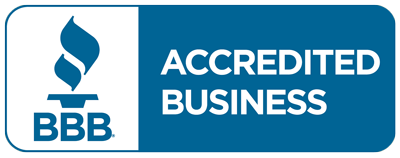Modular Home Loans

Modular Home Financing Options
FHA LOANS
FHA Loans, insured by the Federal Housing Administration (FHA), are an excellent choice for borrowers who have limited down payment funds or less-than-perfect credit. If you have a higher debt-to-income ratio, we can assist you in finding a lender who can provide the necessary financing. This is particularly applicable if you possess other strong compensating factors that justify allocating a higher percentage of your monthly income towards housing payments.
To be eligible for FHA financing, your prefab home must have been constructed after June 15, 1976, and must be permanently affixed to a foundation. If you are purchasing a modular home that is not currently fixed to a foundation, there’s no need to worry! Many lenders can structure a loan that allows for the foundation to be upgraded to meet FHA standards.
Some notable advantages of FHA loans include a low down payment requirement of just 3.5%, favorable 30-year loan terms, and attractive low interest rates.
VA LOANS
USDA LOANS
The United States Department of Agriculture (USDA) provides a modular home loan program similar to the FHA loan, known as the USDA loan. This loan is specifically designed for rural development and is backed by the USDA, enabling lenders to offer more advantageous terms to borrowers. One notable benefit of USDA loans is that they do not require a down payment, and borrowers can secure financing of up to 102% of the home’s value.
USDA’s Rural Development program is dedicated to enhancing the quality of life in rural communities, and as part of this mission, they offer these loans to support housing and community facilities. To be eligible for a USDA modular home loan, the property must be situated within the defined boundary area of a rural community as outlined by the USDA.
CONSTRUCTION TO PERM LOANS
Construction loans are typically combined with either an FHA or conventional (permanent) loan to facilitate the building process. During the construction period, which usually spans 4-6 months, the terms of the loan are specific to the construction loan. Once the construction is completed, the terms are transitioned to those of the FHA or conventional loan.
Modular construction lenders offer either a one-time or two-time close option. With a one-time close, only a single closing is required, and once the construction is finished, the terms automatically convert to the permanent loan. On the other hand, a two-time close necessitates separate closings for both the construction loan and the permanent loan. However, it’s important to note that opting for a two-time close may result in higher costs due to multiple closings.
Throughout the construction phase, the proceeds of the construction loan are disbursed to the contractor or builder in stages, known as draws, as the project progresses. The borrower typically makes interest-only payments on the draws that the contractor or builder has taken.




